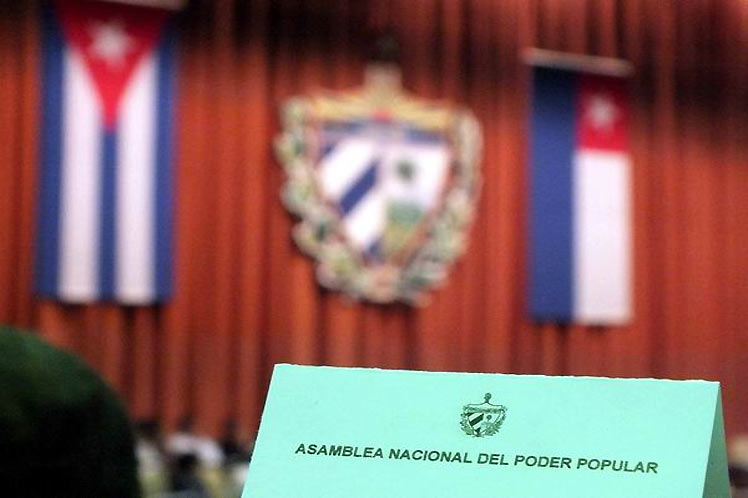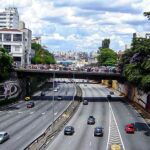Havana, Cuba: Despite the restrictions imposed by Covid-19, Cuba continued its intense legislative schedule during 2020, with the approval of four laws and 14 decree laws, Prensa Latina publishes.
The National Assembly of People’s Power (Parliament) turned to the technologies and virtually held the V Ordinary Period of Sessions in the IX legislature, which had among its central points the consideration of four legal norms that respond to the state order.
The laws of the Foreign Service, of the Organization and operation of the Council of Ministers, of the President and Vice President of the Republic, and of the Revocation of those elected to the organs of People’s Power, also obey the normative development of the new Constitution.
It is precisely the entry into force of the Magna Carta (April 2019) one of the elements that certifies that the current legislature has a calendar with 39 laws and 31 decree laws to evaluate, which covers until 2023.
The demands for the implementation of the Economic and Social Policy Guidelines approved in the VII Congress of the Communist Party of Cuba and, more recently, of the Economic-Social Strategy to face the pandemic and the resurgence of the blockade and with the view put into development by 2030.
However, Covid-19 moved all the planned deadlines, because just to cite one example, Parliament had 14 laws on the agenda for this year, of which it could only advance in four last October.
That is why the Ministry of Justice drew up a new proposal for planning the debates on legal norms, which must be approved in the ordinary session of the Assembly in December, according to the minister of that portfolio, Oscar Silvera, told Prensa Latina. The incumbent also insisted that, in the midst of exceptional circumstances, they worked intensively in the preparation of the preliminary projects that will be submitted to the analysis of the deputies in due course.
This process, as explained by the President of the Republic, Miguel Díaz-Canel Bermúdez, at the close of the V ordinary period, is accompanied by a broad participation of specialists from various institutions, including university professors.
The challenge is enormous, because it involves legislation that ranges from the organization and operation of the Municipal Administration Councils and the Provincial Government of People’s Power, essential in the performance of these demarcations, to the Criminal Procedure Law.
Issues such as the Housing Law, Defense and National Security, and Public Health, planned among those that should have been analyzed in 2020 and which now change for the time being for discussion, also await their turn.
The legal system also includes the decree laws, which are the competence of the Council of State, which had 15 of these regulations on a schedule during the year.
In the midst of the pandemic, 14 were approved, among which are those related to the use of genetically modified organisms in Cuban agriculture and food safety.
Likewise, two decree laws on commercial guarantees were established to support the granting of external financing related to foreign investment, as well as others referred to the national regulatory authorities and the improvement of the National Document and Archive Management System.
Although there are issues on the agenda, the period that closes demonstrated the will not to stop the country, as President Díaz-Canel said before Parliament last October.
The pandemic allowed the implementation of mechanisms that in the new normality can become habitual practices, such as virtual consultations and debates, to which the participation of citizens through various channels is added.
2021 arrives loaded with the legal system, which will undoubtedly be a challenge for Parliament, which will have to assume extraordinary sessions to comply with it.





